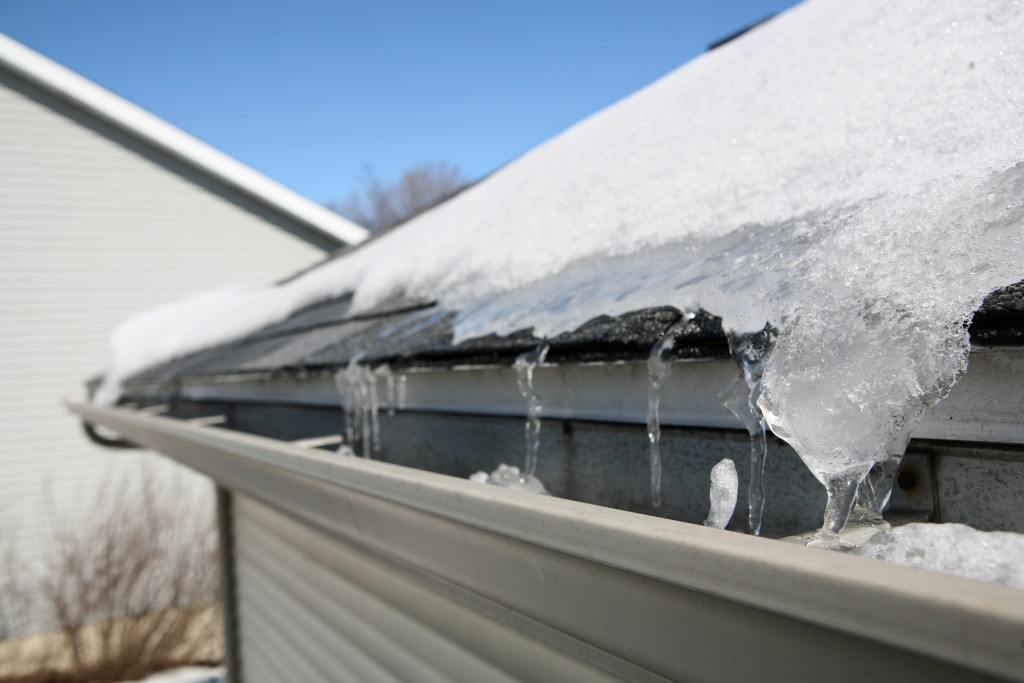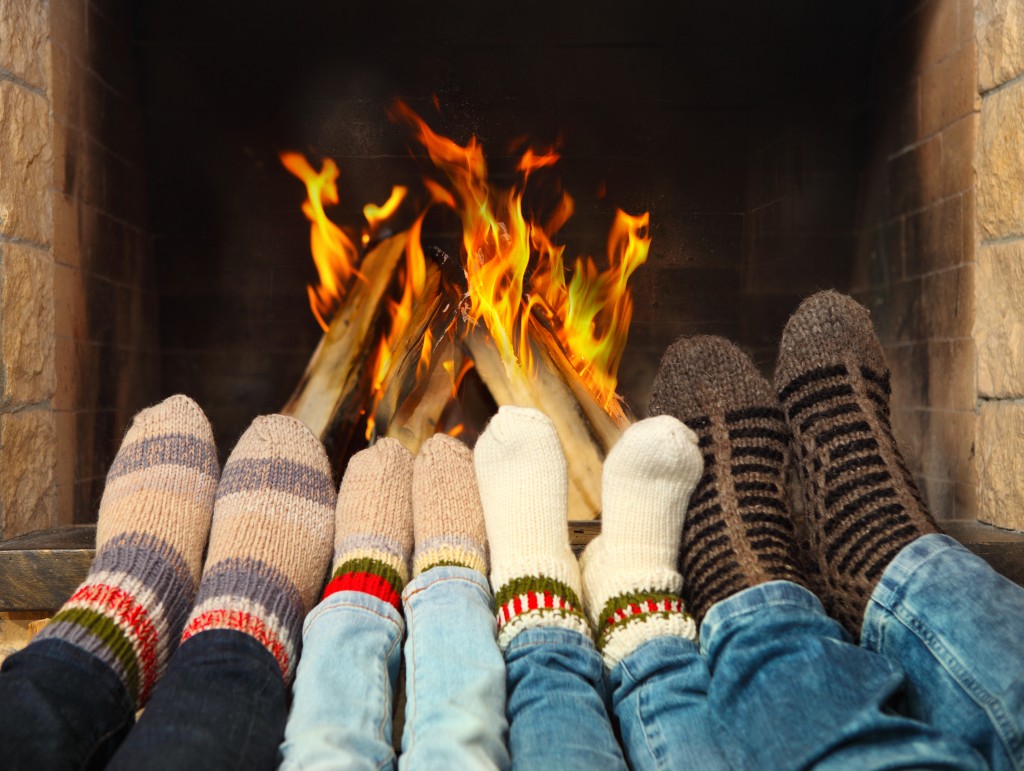Winter is the worst time to get house damages. The weather is generally not that favorable for working, and it’s a lot harder to move around with all the snow. The last thing you want is to end up with a broken heater or a damaged roof while in the middle of a blizzard.
As autumn starts to set, now is the perfect time for you to do some home maintenance checks to prepare for the upcoming season. Make sure that your home is ready for the harsh, cold winter by doing these home checks.
Remove snow from the streets and driveway.
After a heavy snowfall, your front yard and driveways can accumulate a thick layer of snow. Too much snow in front of your house can be dangerous for two reasons. One, it makes your house inaccessible in case of an emergency, and two, people walking by can slip and hurt themselves. That’s why you need to have the snow removed as soon as it gets too thick.
Normally, people would just shovel it themselves, but clearing snow that is too thick can be dangerous. It can strain your muscle and cause injury. According to a Harvard study, manual snow removal, such as shoveling or using blowers, can put your heart at risk. That’s because snow shoveling can raise your heart rate and blood pressure quickly, especially during winter. This can trigger a mild heart attack for people who don’t get regular exercise.
Even if you are trying to save, you have to be honest with your capabilities. If you think the strain may be too much, hire a snow clearing service to get the job done. Not only is it safer, but it saves time and money. The last thing you want is spending money on hospital bills because of the strain.
Fix cracks in your roof and shingles.
 When it comes to winter maintenance, most of the tasks you need to do should be done before the season starts. As early as summer, make sure to fix any loose tiles and cover any cracks in your roof and reinforce your shingles.
When it comes to winter maintenance, most of the tasks you need to do should be done before the season starts. As early as summer, make sure to fix any loose tiles and cover any cracks in your roof and reinforce your shingles.
Snow is heavy when it accumulates, and this can put a lot of extra weight on the roof of your home. If you don’t habitually get rid of the snow, it can cause structural damages to your roof. Poor roof construction can make this worse, too. Another thing you need to worry about is leaks. Once the snow melts and there are cracks in the roof, then the water will leak inside.
Fortunately, all you need to do is check for loose shingles and roof tiles to glue them back together. You can buy construction adhesive in your local hardware store and do the task yourself.
Remove ice dams from your roof.
Aside from snow buildup, keep your eye out for the formation of icicles, or more commonly known as ice dams. These are icicles that form near the edge of your roof and on the gutters. It happens when a section of the roof is above 32 degrees Fahrenheit.
Ice dams are dangerous if you have kids around because they can break off and stab someone by accident. These are still pointy ice drops, after all. If there are a lot of them, it can also damage your shingles and gutters with their weight. Accumulating ice can also push back the melted snow and cause it to leak in through the shingles.
Check your heating systems.
Your heating systems are essential when dealing with the worst snowstorms. People often neglect to inspect their heating systems, but it deals with a lot of stress during winter. As early as summer or fall, make sure to do a maintenance check before it gets too cold to fix it.
Things that you might need to do are change the filters and clean out your chimneys. You should also do a quick test run by turning your chimney on and off for a short while. The same goes for your thermostat. If you own a radiator, make sure to check for leaks before winter.
It’s important to always be prepared during winter. If you live in an area that can get harsh blizzards, securing your home is vital in keeping your family safe. Unlike in the summer or spring, help will not always be readily available because the snow makes roads less accessible. Damages left by the snow can also continue to hurt your home even after the se asons have changed.











